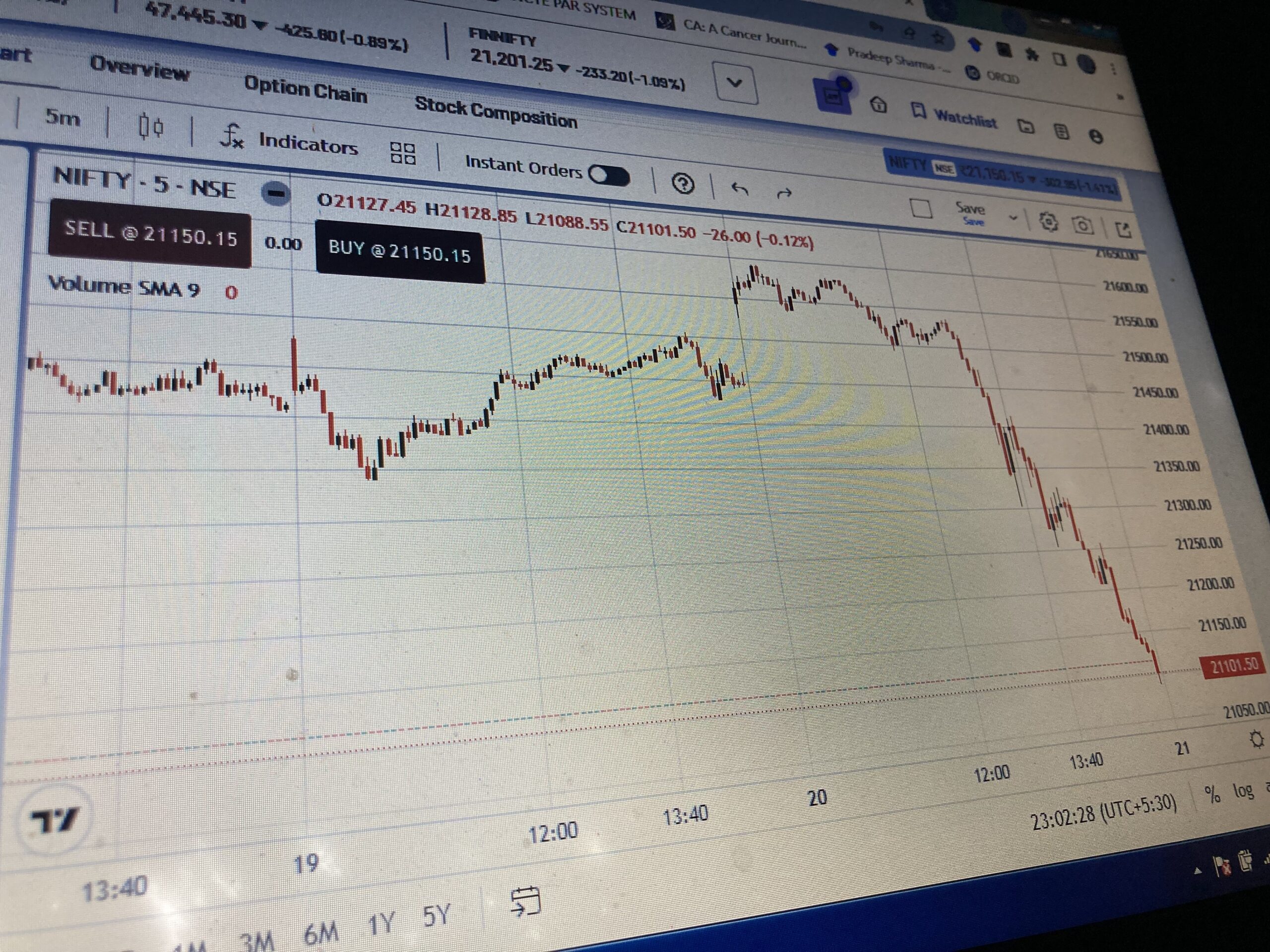The S&P 500 added 16.99 points, or 0.4%, to 4297.14 after capping a fourth consecutive week of gains on Friday. The Dow Jones Industrial Average added 151.39 points, or 0.4%, to 33912.44 and the Nasdaq Composite advanced 80.87 points, or 0.6%, to 13128.05. Nine of the S&P 500’s 11 sectors rose, with consumer staples and utilities leading the gains. Energy and materials stocks declined with commodity prices. Stocks have generally rallied since mid-June. Signs that inflation in the U.S. peaked earlier this summer have investors hoping the Federal Reserve will raise rates at a slower pace starting in September. That in turn has dragged yields on government bonds down from their highs of the year and given a boost to the stock market. Major stock indexes opened Monday’s session lower after data on factory output, investment, consumer spending and real estate showed China’s economy stumbled in July, prompting the central bank to cut interest rates. The slowdown adds to pressure on the world economy stemming from the war in Ukraine, high energy prices in Europe, financial strains on several emerging-market economies and rising interest rates in the U.S. Brent crude prices fell 3.1% to $95.10 a barrel, and copper dropped 1.3% to about $3.63 a pound. China consumes more than 15% of the world’s oil and over half of refined copper globally, so slowing Chinese growth is expected to weigh on commodity markets in the coming months. Adding to the pressure on oil, Saudi Aramco said it was on track to boost production over the next five years, while traders were waiting for news on talks about reviving the Iran nuclear deal, which could add to global supplies. In response to the slowdown, the People’s Bank of China cut two key interest rates by 0.1 percentage point and pumped the equivalent of $59.3 billion into the financial system to boost lending and economic growth. Investors, however, said that might not be enough to help commodities rally again. “What people are going to love to see is what—besides lowering the rates—are the other things like infrastructure spending,” said Jeremy Schwartz, global chief investment officer at WisdomTree Asset Management. The WisdomTree Enhanced Commodity Strategy Fund fell 1.5%. Chinese 10-year government bond yields fell to their lowest level since the early months of the pandemic in 2020. The Shanghai Composite Index was flat in a mixed session for stock markets in Asia. “It’s a signal at the margins of something we know already really: that zero-Covid policies, in conjunction with the large issues in the property market, are weighing on Chinese growth,” said Lyn Graham-Taylor, senior rates strategist at Rabobank. “To the extent that Chinese demand feeds into everyone else it’s clearly something that weighs overall on the global economy.”
Stocks Extend Winning Streak





